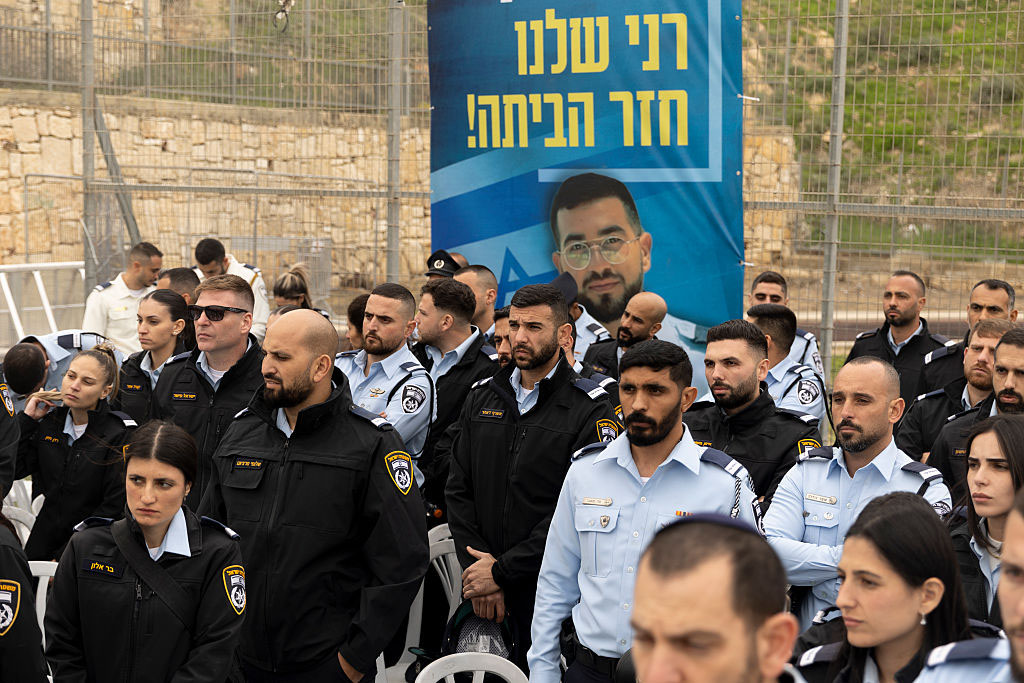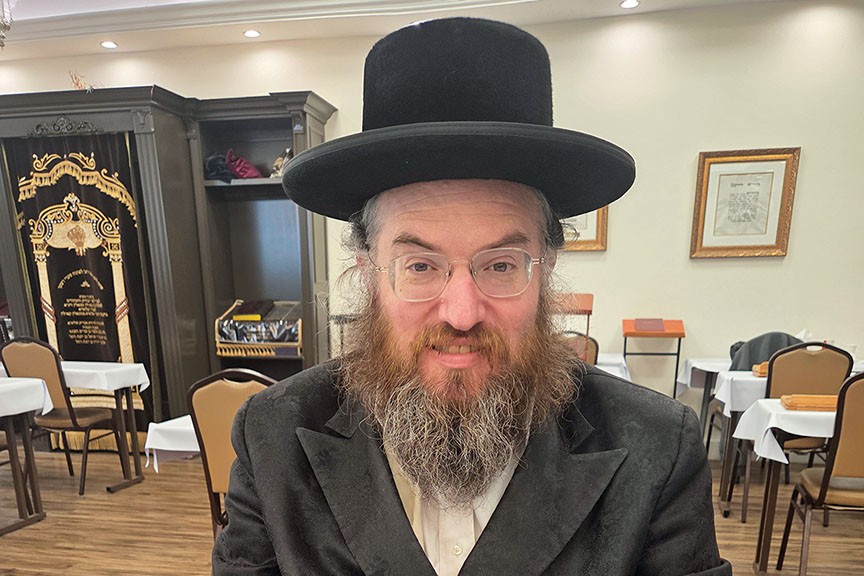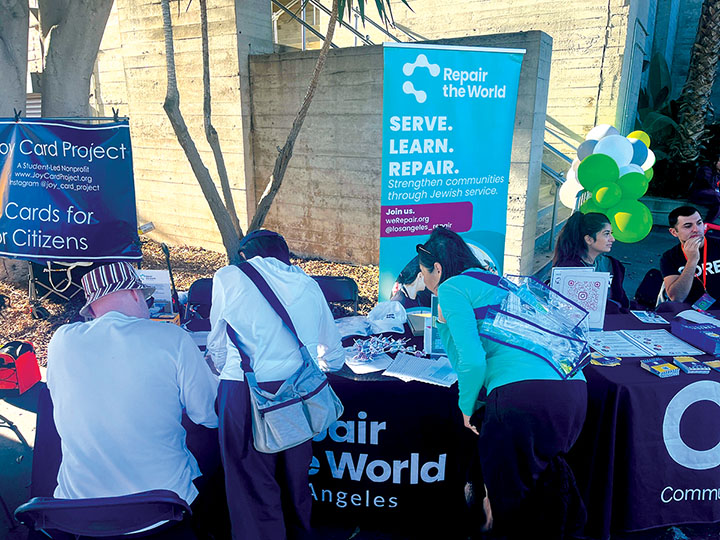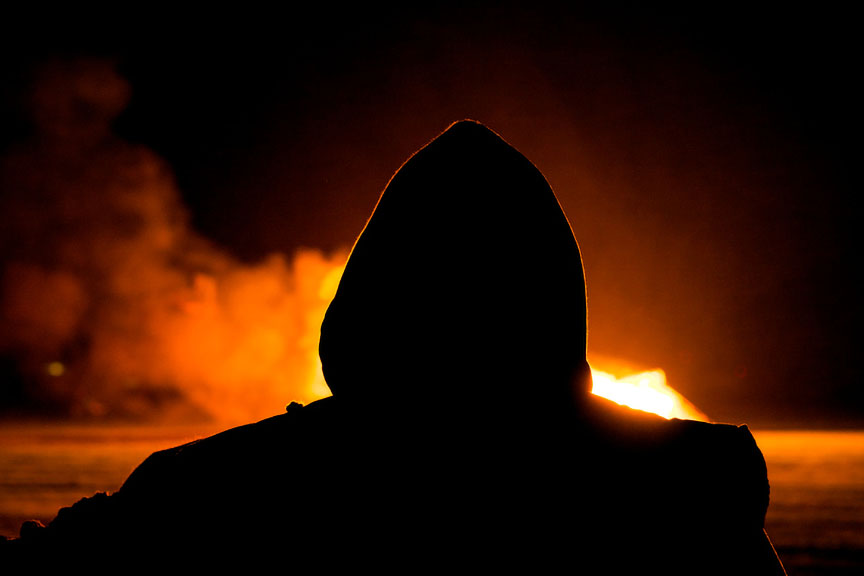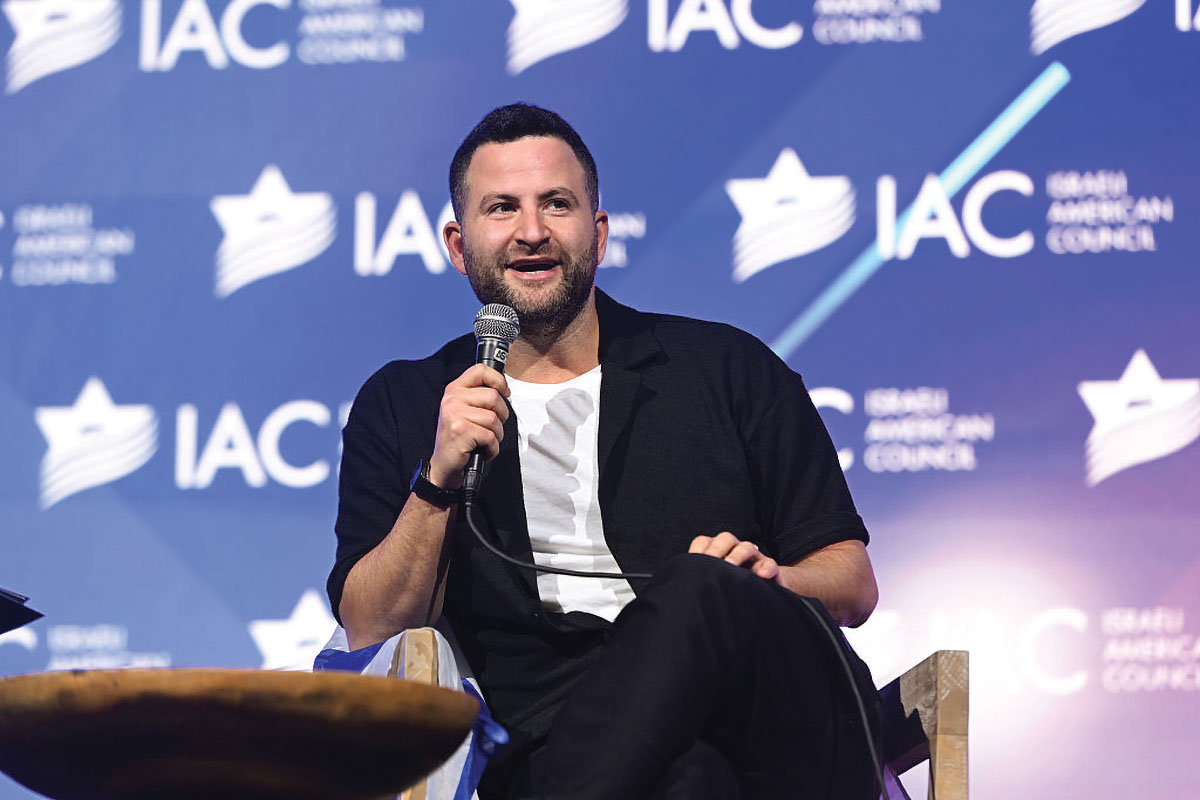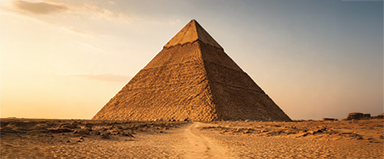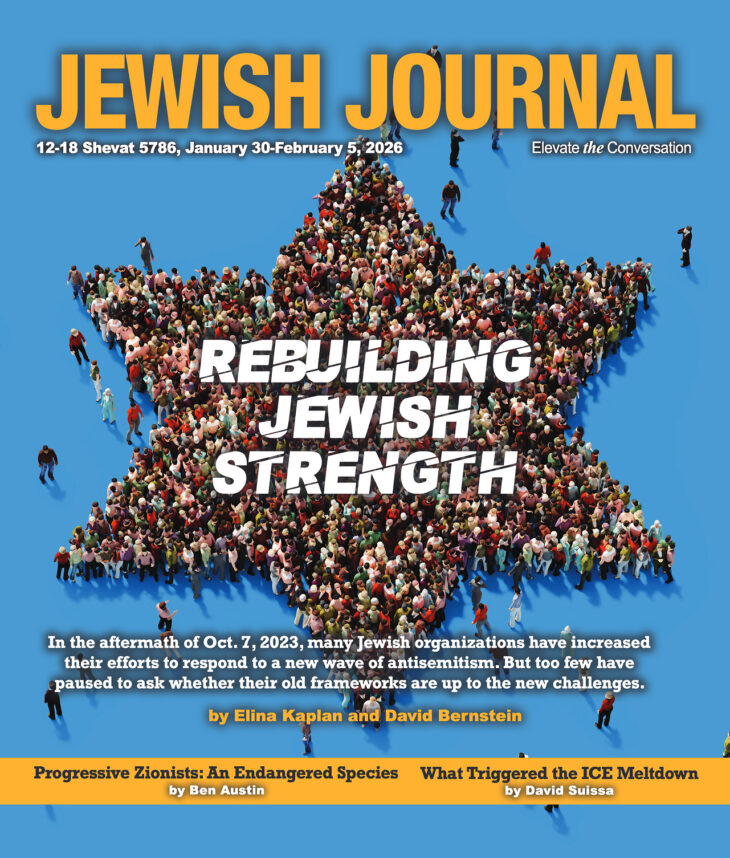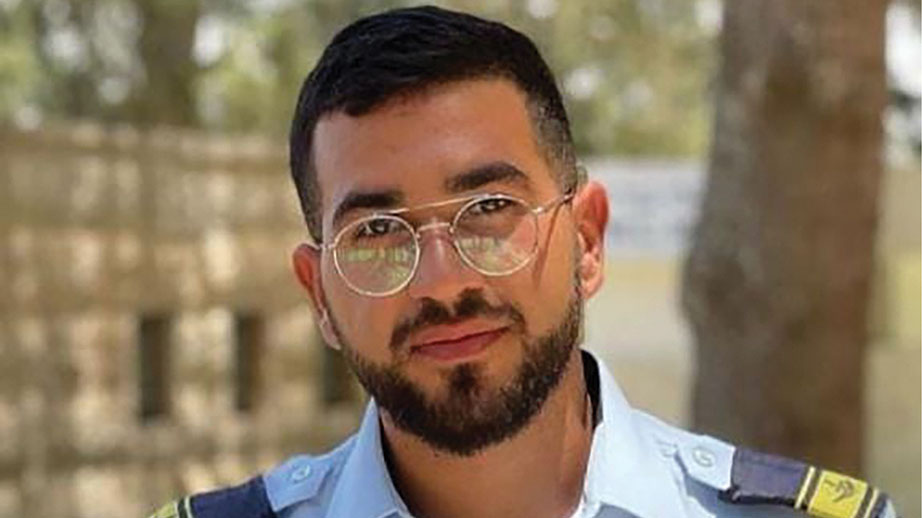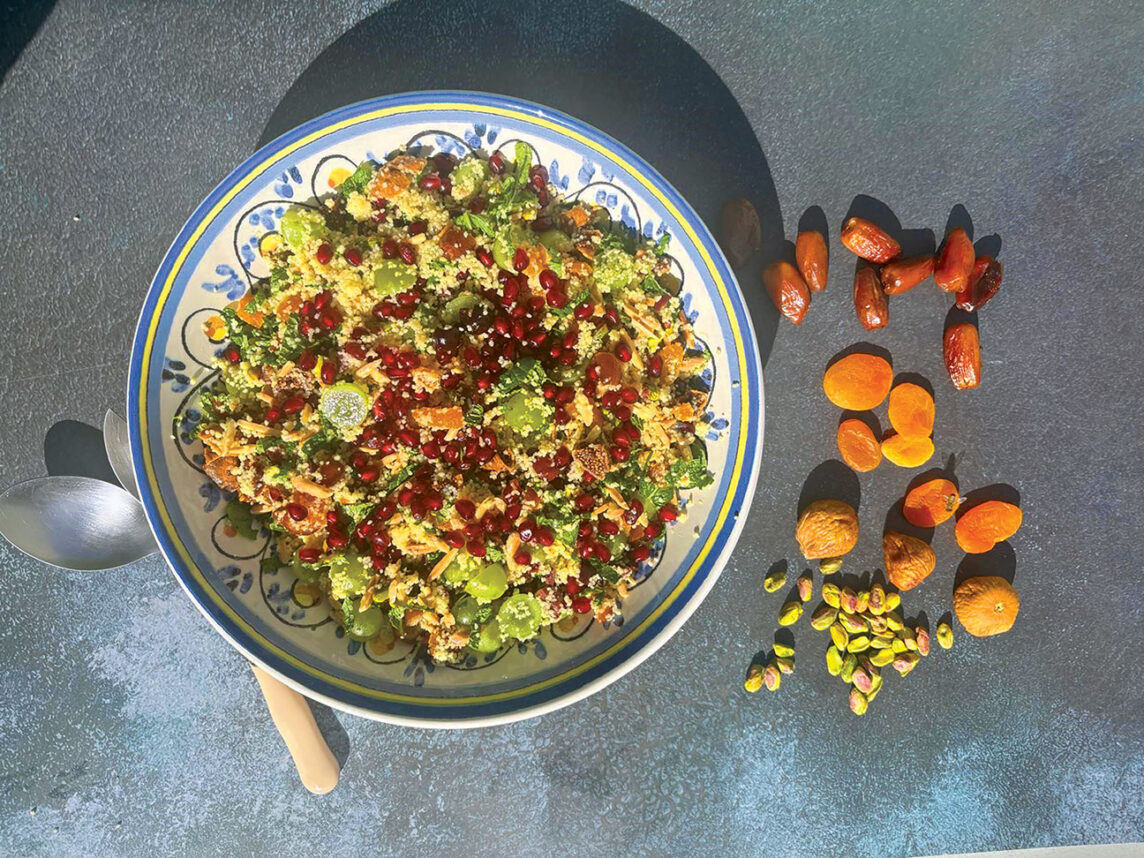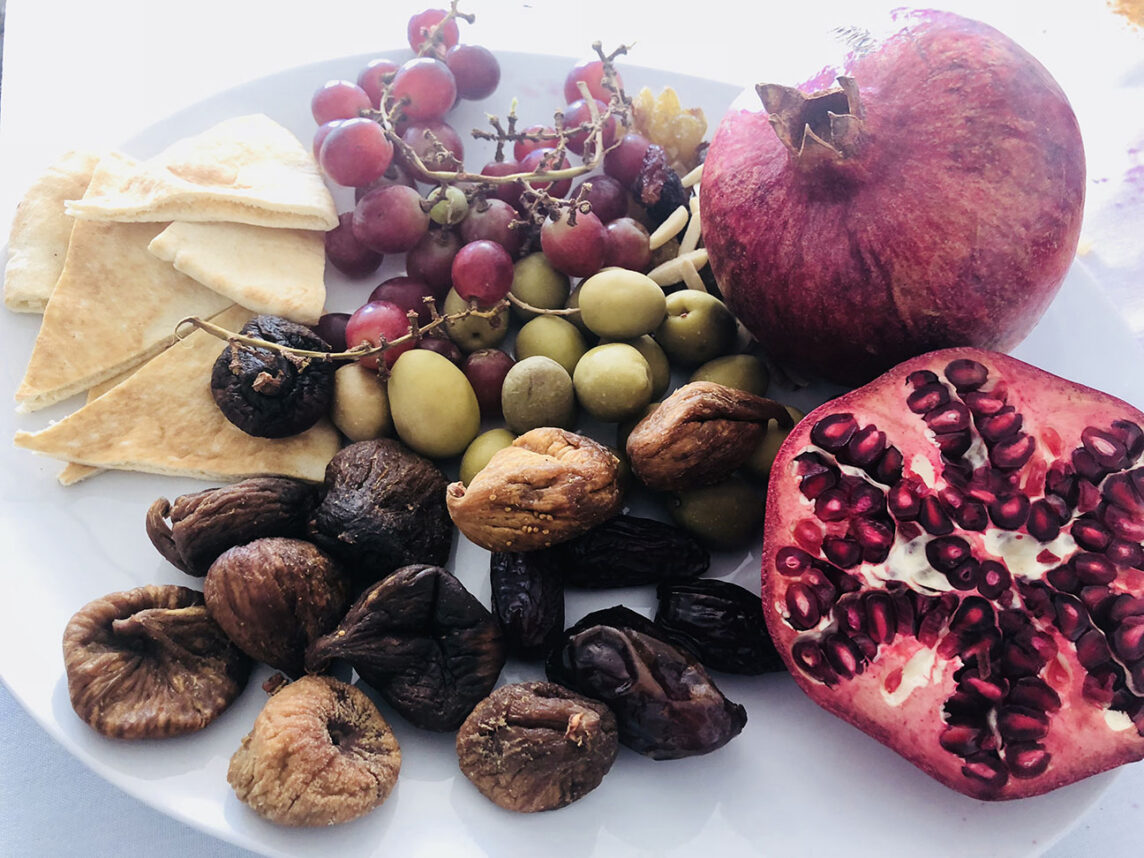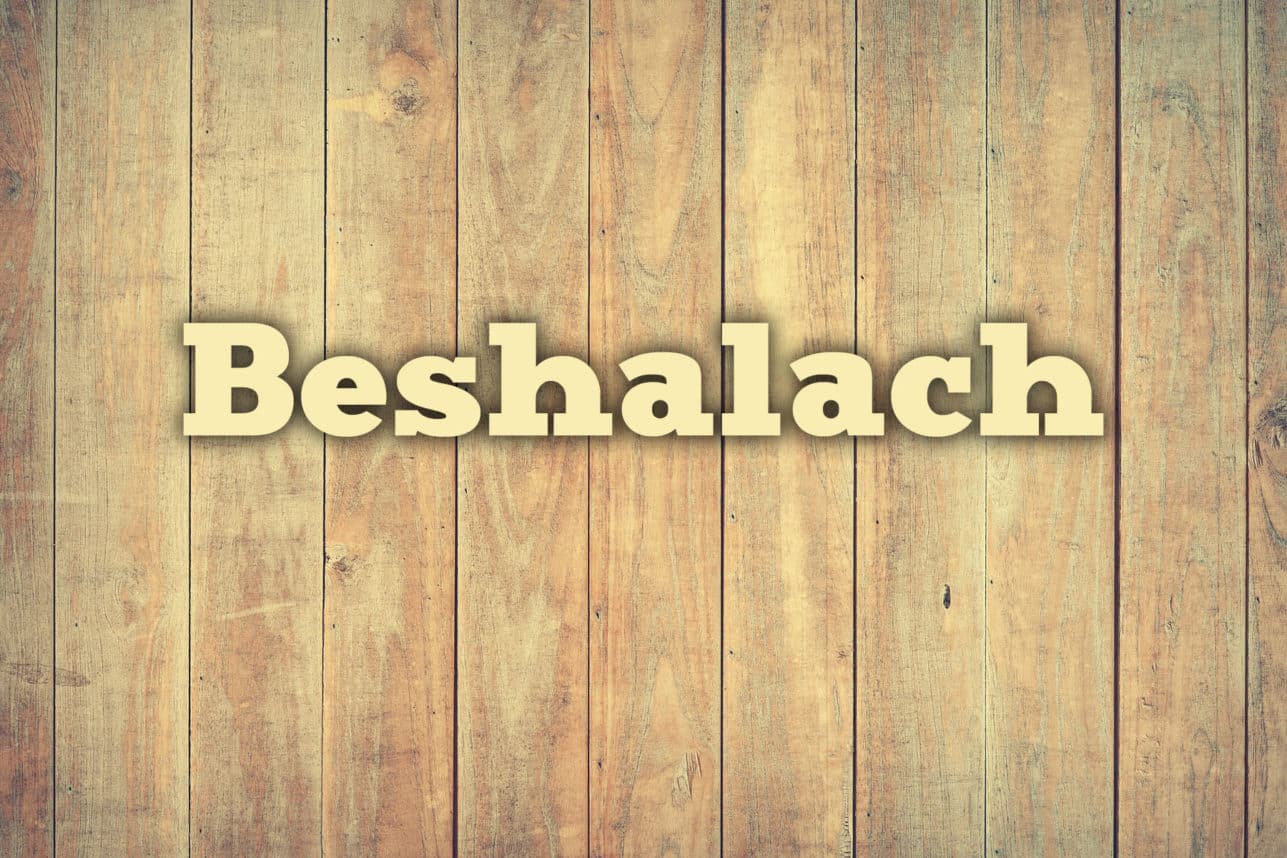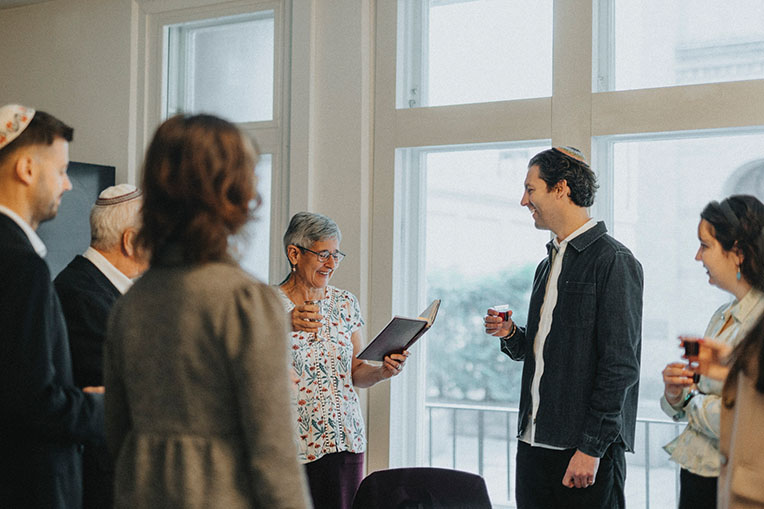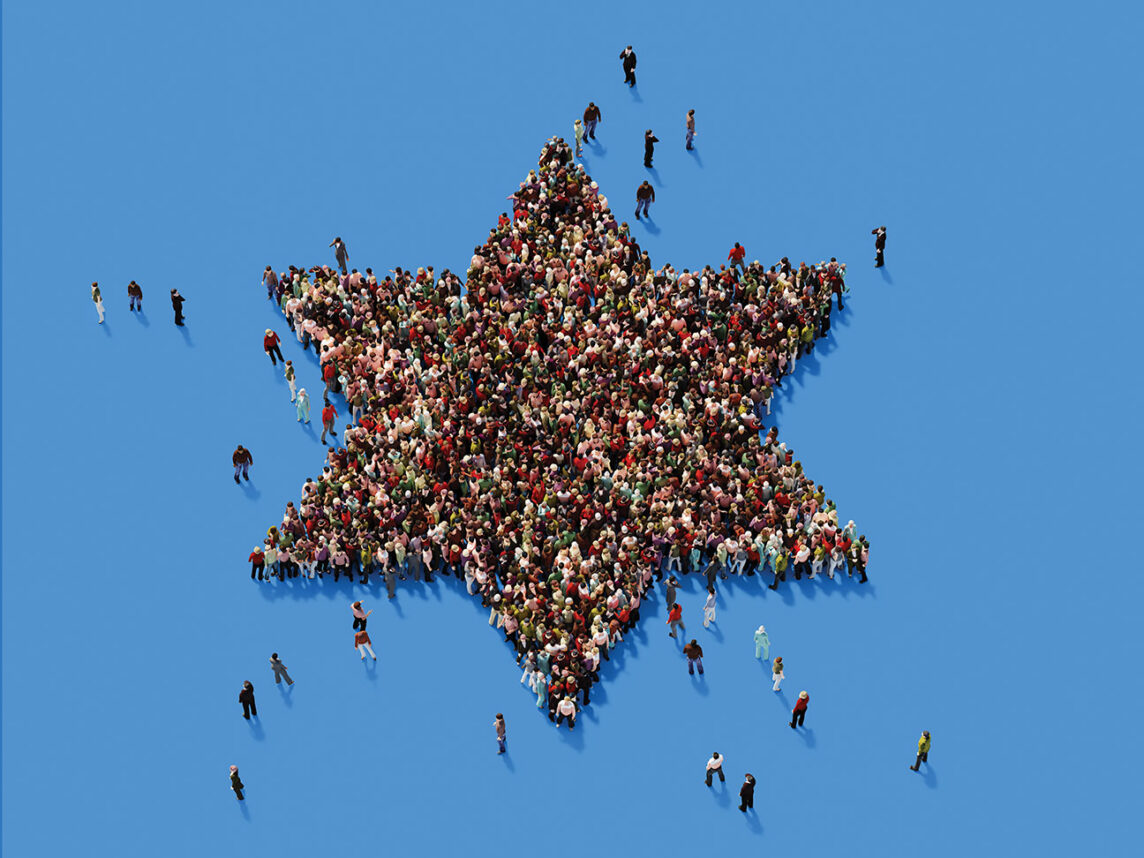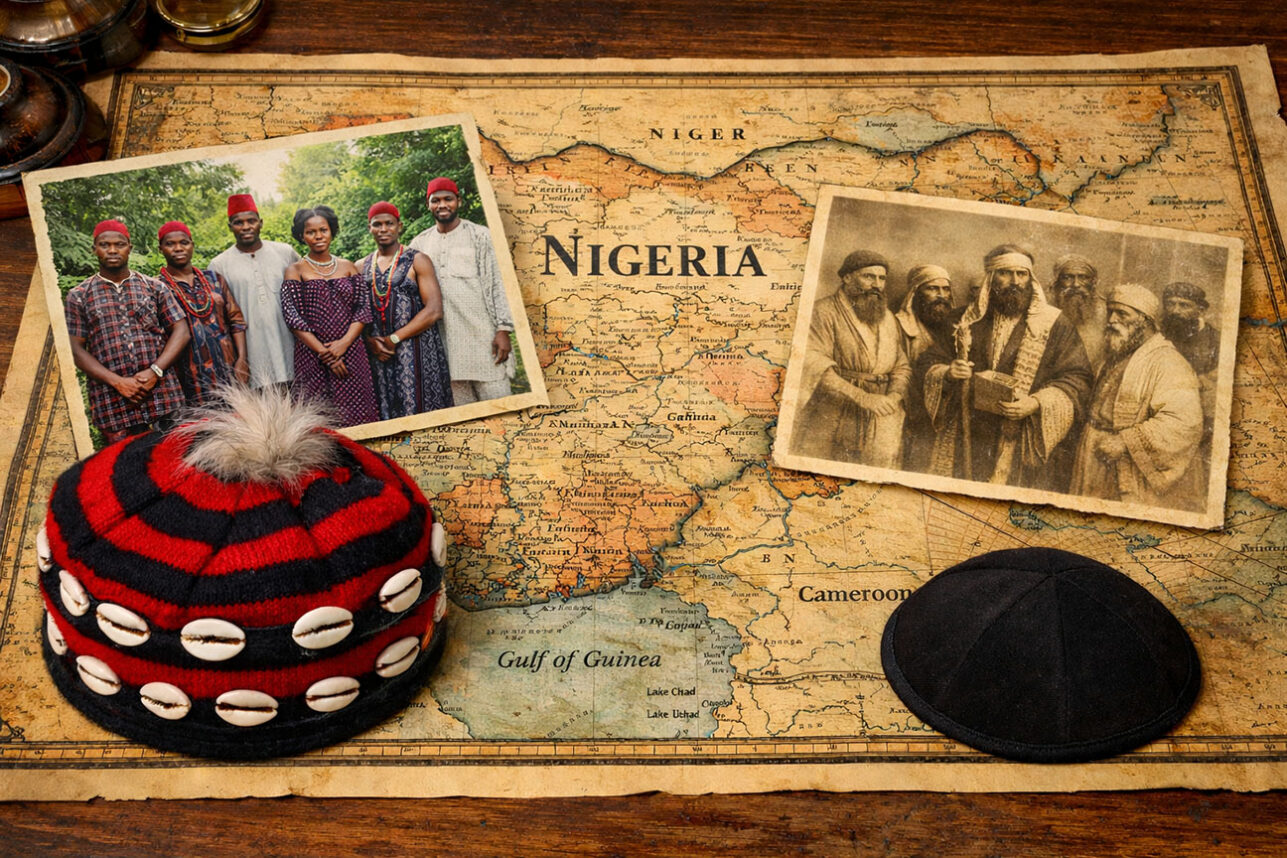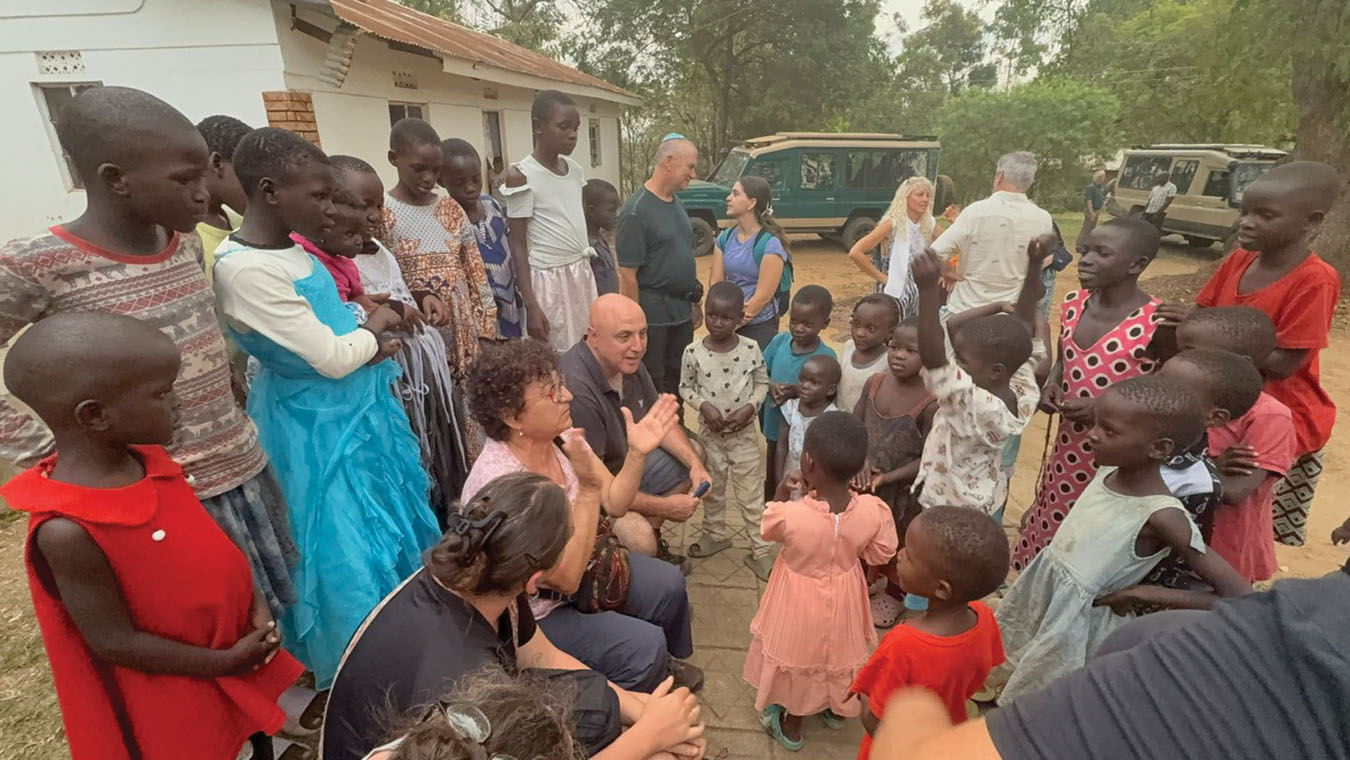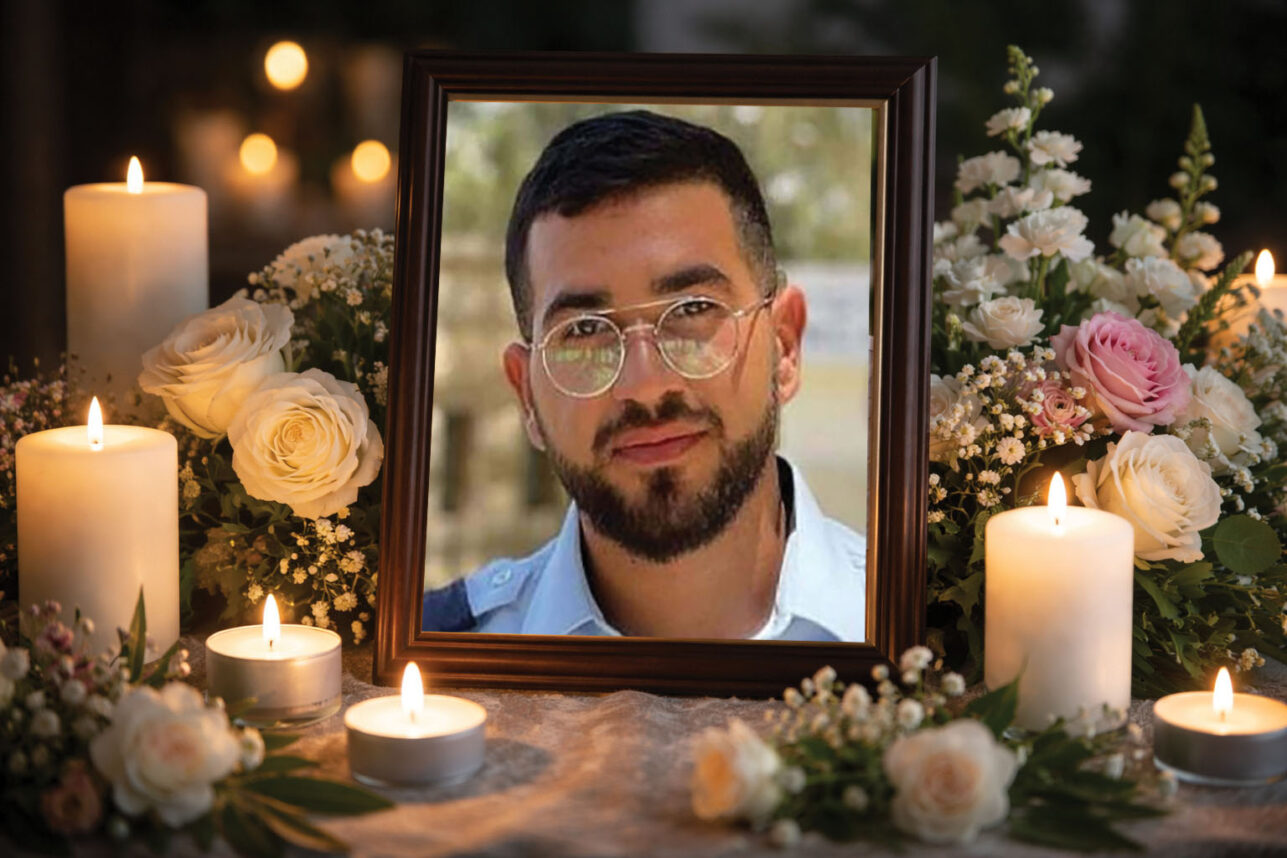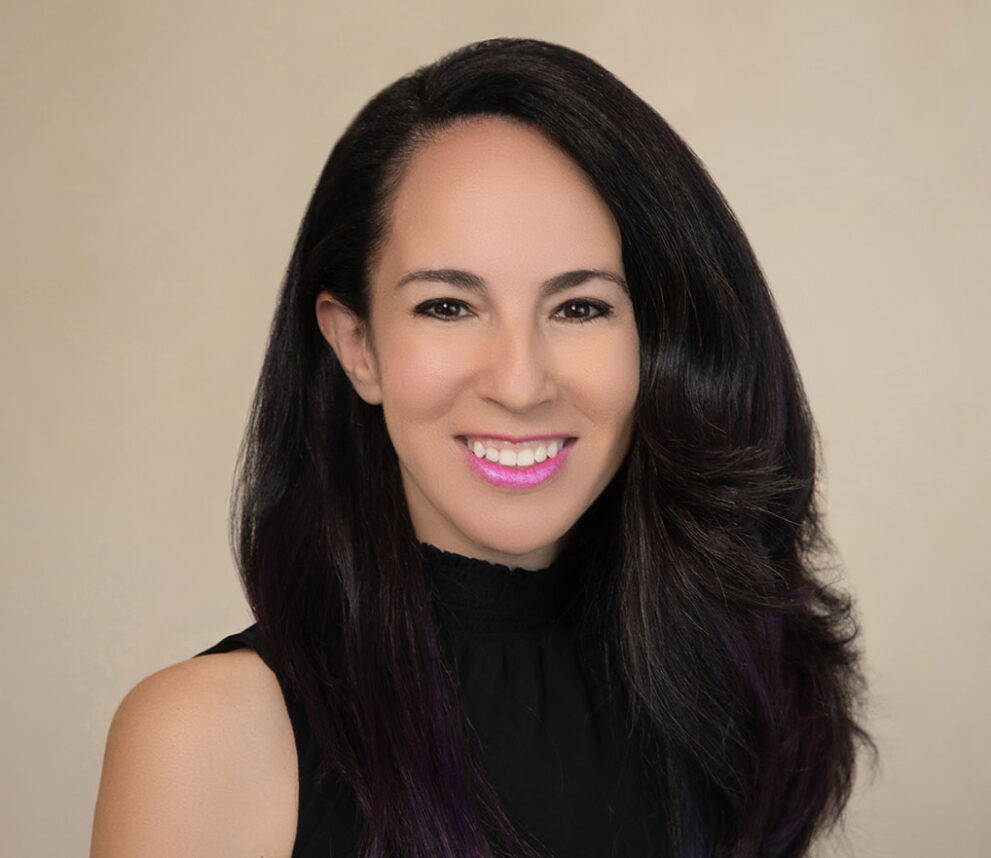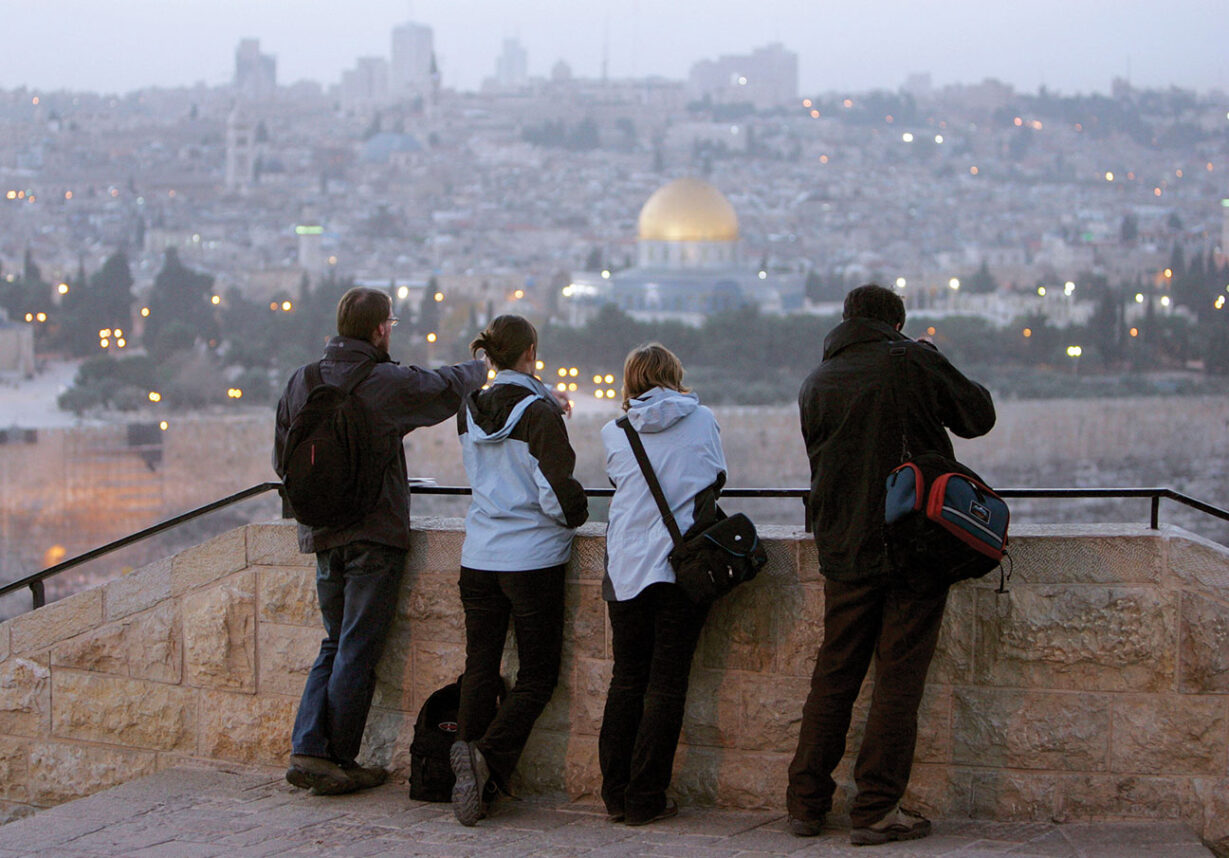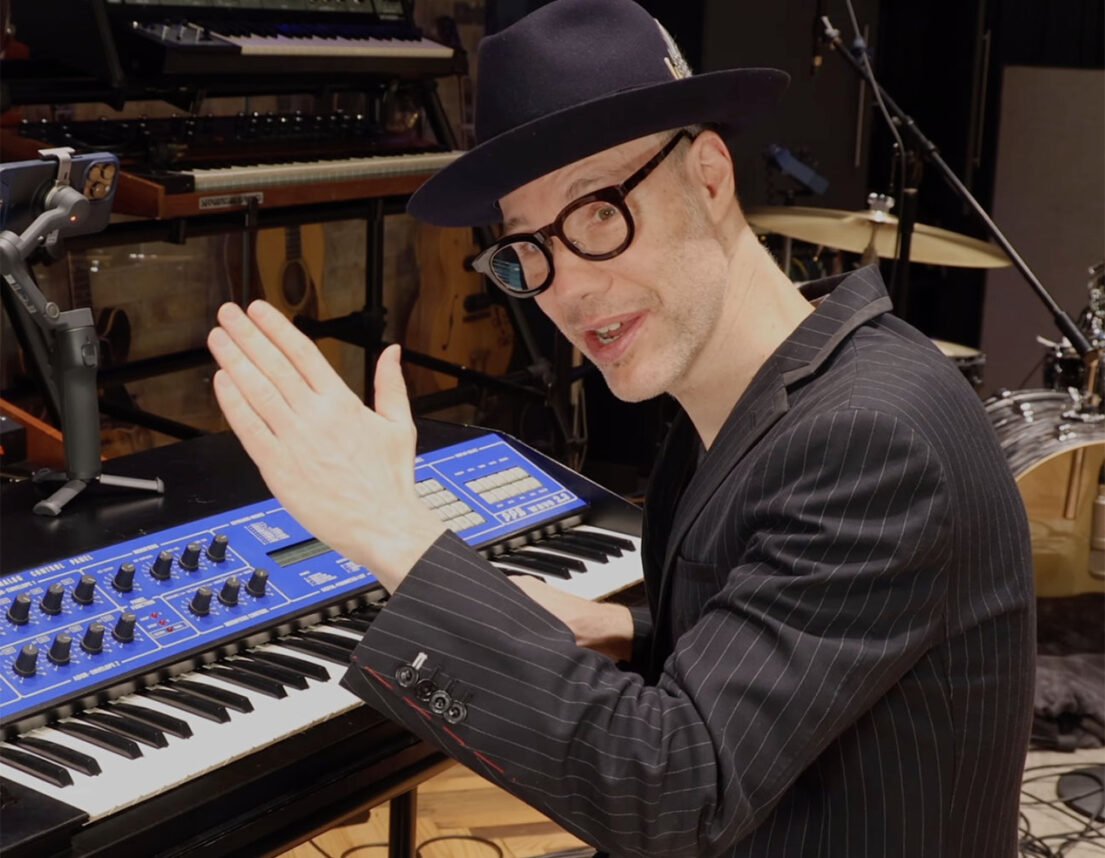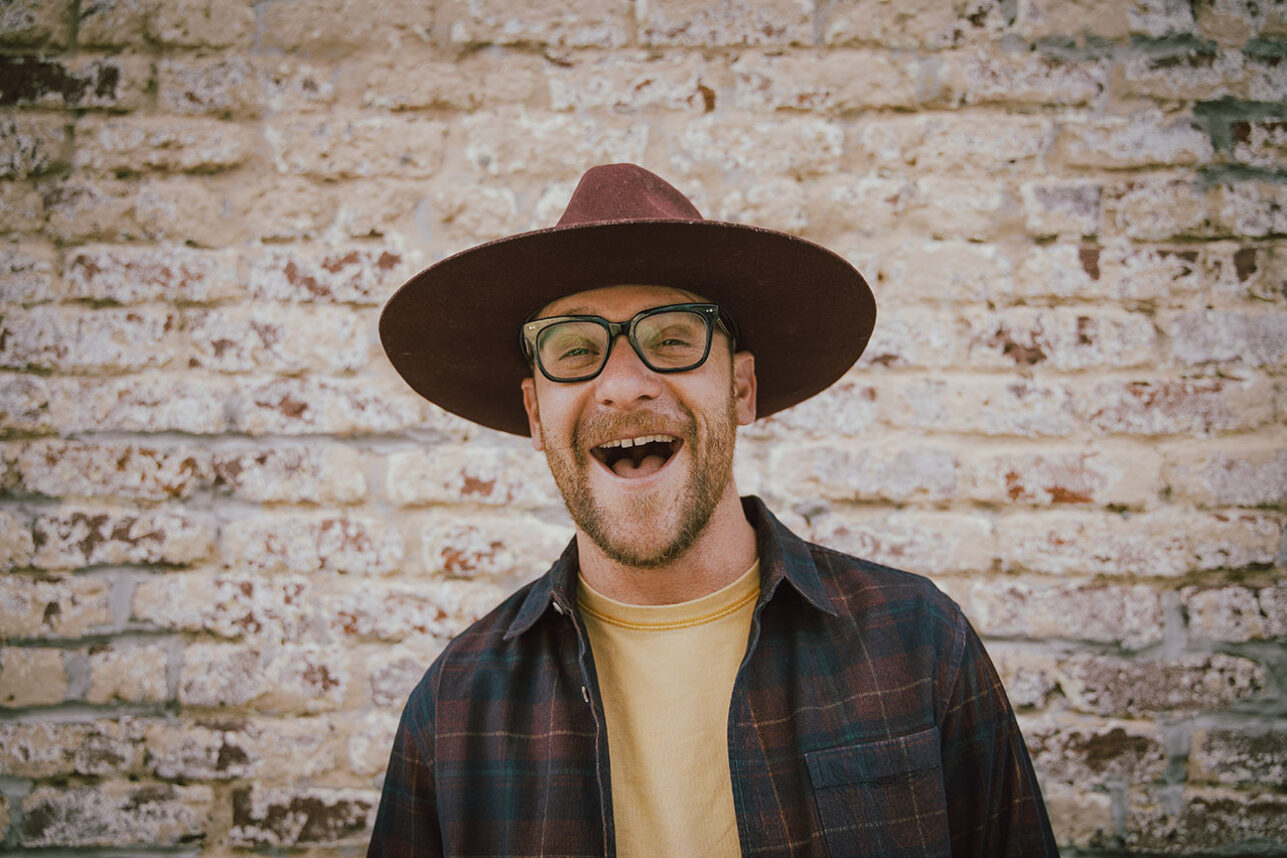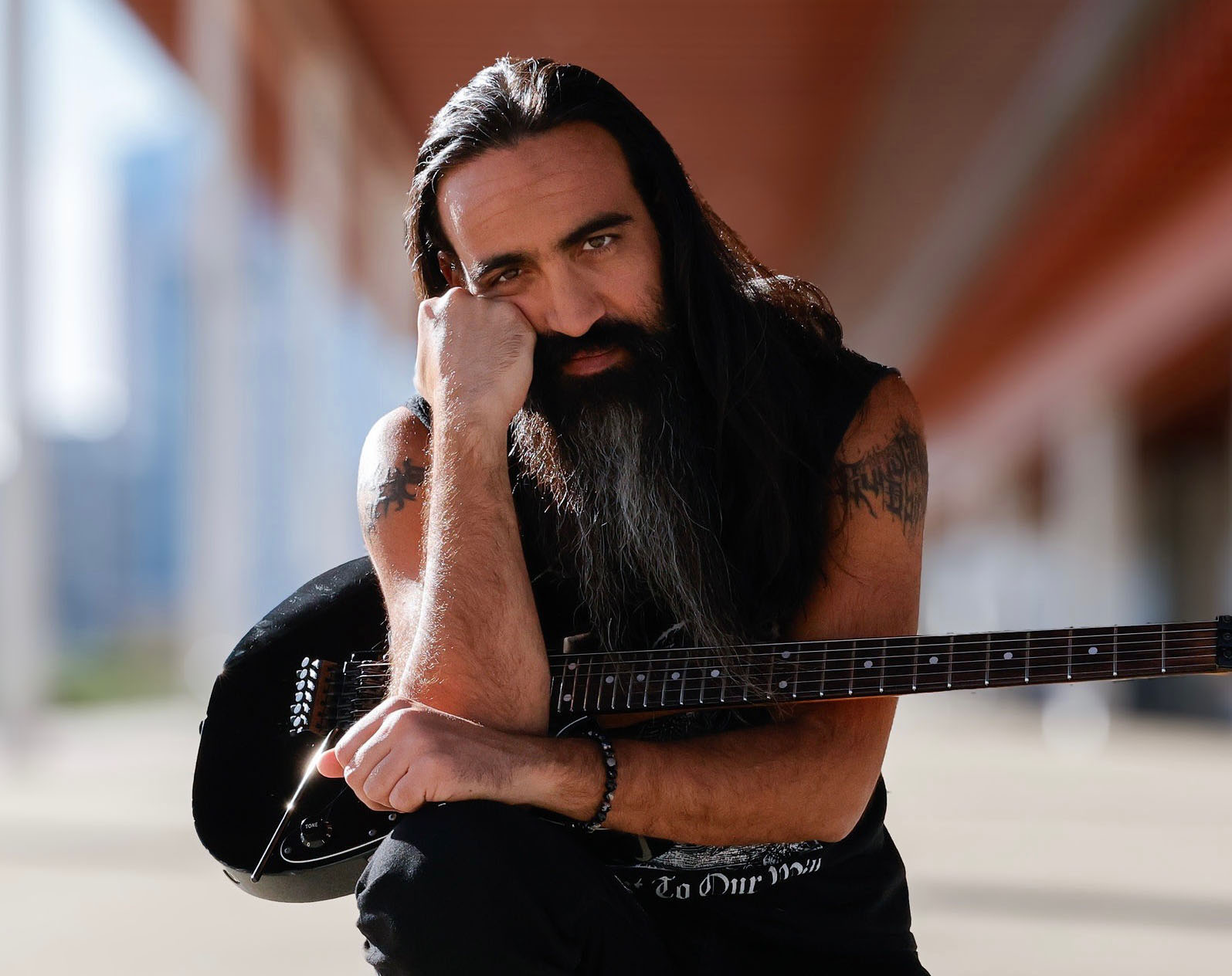
Israeli guitarist Aviv Hadari wondered why there wasn’t a CrossFit program for guitarists in LA. No songs, no solos — just seasoned guitarists stretching their hands, doing drills up and down the fretboard and remembering why they love it. So he created one himself in June and called it the Shred Factory. It’s a twice-weekly, nine-session group guitar workout held inside a rehearsal space in Koreatown.
Students take their seats quietly while Glendale’s System of a Down can be heard on the PA. Hadari is the only guitarist plugged into an amplifier; everyone else is either playing their electric guitars completely unplugged, or has headphones plugged into a mini amp so only they can hear themselves.
Hadari welcomes each guitarist with a smile and questions about what they’ve been up to. Before any playing, Hadari reiterates Shred Factory’s purpose. “This is not a lesson, this is not a class, this is a workout,” Hadari told his students. “This is purely for mechanics. This is not for making music. It’s not for performing. It’s not even for writing music. This is just muscle memory. This is just programming. This is rewiring the brain.”
After hand stretches, Hadari explains the first workout — playing a chord on every fret up and down the fretboard. Each workout is a chromatic pattern, a diagonal stretch or a spider drill, done to a locked metronome. Throughout, Hadari reminds the players to “breathe, focus on your left hand, and visualize it going right.” He pushes them to jump back in if they stumble. Hadari speaks not so much with a CrossFit intensity, but with a meditative encouragement.
“We’re not worried about playing fast, this is not a jam, this is not a hang, this is not a circle of shredders showing off, it’s not about how cool it sounds or if you nailed it perfectly,” Hadari said. “It’s about reps. If you’re doing this every week, your hands are going to feel different when you play. Today you’re laying down railroad tracks in your nervous system.”
Born in Herzliya, in the 1990s, Hadari began by studying jazz guitar. He credits his deep dive into hard rock to his last teacher before moving to the U.S., Guy Be’er, a veteran session guitarist from the band HaYehudim, (“The Jews”). “He broke me down completely and built me up just like a true mentor should,” Hadari said. “He told me, ‘You can shred, but if I put ‘Happy Birthday’ in front of you, you wouldn’t be able to read it.’ So he made me learn to read music.”
Hadari also studied with musicians who specialized in maqams — Middle Eastern scales and quarter tones rarely heard in Western music. “When I play that stuff here, people stop and ask where I’m from,” he said. “I tell them I’m Israeli. And yeah, we use a lot of Arab scales.” He describes that music as the “notes between the notes” we hear in Western music. Those scales stuck with him even after he moved to Los Angeles and trained with top-tier international teachers. “If I bust out a maqam, it’s like using sumac in cooking. It’s not salt or pepper. It’s a very specific flavor. But when you use it in the right context, it elevates everything.”
Hadari prides himself on teaching people to go “from ‘Yankee Doodle’ to Eddie Van Halen,” he said. “I’ve been calling myself the Shred Factory for years because that’s what I do. I take people from playing ‘Happy Birthday’ and cowboy chords to playing ‘Painkiller’ by Judas Priest. I make shredders.” He wanted to strip away the chaos and distraction that usually surrounds learning an instrument. The class is capped at about 15 students, many of whom have been playing for years. Several students also tune in remotely via Zoom.
In 2024 Hadari was performing at a Shabbat dinner at Valley Beth Shalom (VBS) in Encino. He was plugged in, but had the distortion and volume turned down to match the Shabbat dinner vibe. Among the songs he played on his black Ibanez guitar was “Earth Angel” by The Penguins. Then, with a confident smile, he effortlessly segued into the intro of Chuck Berry’s “Johnny B. Goode,” as if he was ”ringing a bell.”
He doesn’t perform at VBS any more. After his mother passed away in May 2024, Hadari decided not to work on Shabbat anymore. “I decided not to play guitar on Friday night or Saturday during the day, and I kept it,” Hadari he said. “I still don’t play on Shabbat. It’s not a thing that’s going to happen. I wanted to bless my mother and myself by giving a certain level of sanctity to my craft.”
He’s also kosher and keeps a morning ritual of prayer, meditation and journaling. “To me, being able to do that every day is already success.” For Hadari, Shred Factory embodies so much that he’s learned, lost, and chosen to believe in. There’s a lot of alone time when learning an instrument. Shred Factory is a place where Hadari gets people to break that up a few times per week. “When we’re all doing an exercise together, even unplugged, I can still hear the collective sound,” he said. “It feels good. The energy of the group is way more powerful.”
He sees much value in ritual, whether it’s guitar or Judaism. “Shred Factory is like a minyan, you can pray alone, but it’s not the same. Doing something together is more powerful. Practicing guitar together is no different.”
“Shred Factory is like a minyan, you can pray alone, but it’s not the same. Doing something together is more powerful. Practicing guitar together is no different.” – Aviv Hadari
What sets Shred Factory apart isn’t just the drills — it’s the language. Hadari, who also leads live musical meditations and guided sound baths, laces his instructions with mindfulness. “Focus on yourself and your breathing,” he’ll say. “Think about someone in your life who sees you as the greatest guitarist they know. Play for them.” It is reminiscent of Hadari’s monthly guided music meditation he leads. His instruction style isn’t like a drill sergeant nor metal singer; he uses a soothing, encouraging approach. “When you think about how awesome you are while you’re playing — you physically play better. You actually miss fewer notes.”
That message is intentional. “I’m aware of what guitarists are thinking while they practice. All the self-doubt: ‘I’m not fast enough, not good enough, that guy’s better than me.’ I know those voices because I’ve had them. And I try to say things that give people a different voice in their head.”
On Hadari’s right forearm is a tattoo in bold letters, “Never Give Up.” He got the tattoo while in Israel for his mother’s Yahrzeit. “If someone wants to do something and they’re willing to speak it, it must come true,” he said. “It’s the law of God’s universe. We are divine creatures. We can create our lives. If you want to shred — seek it out, find it, and never give up. Anyone can do this.”
Hadari’s positive mindset runs through every session at Shred Factory. And if your hands tingle a little on the drive home? That’s proof it’s working.









